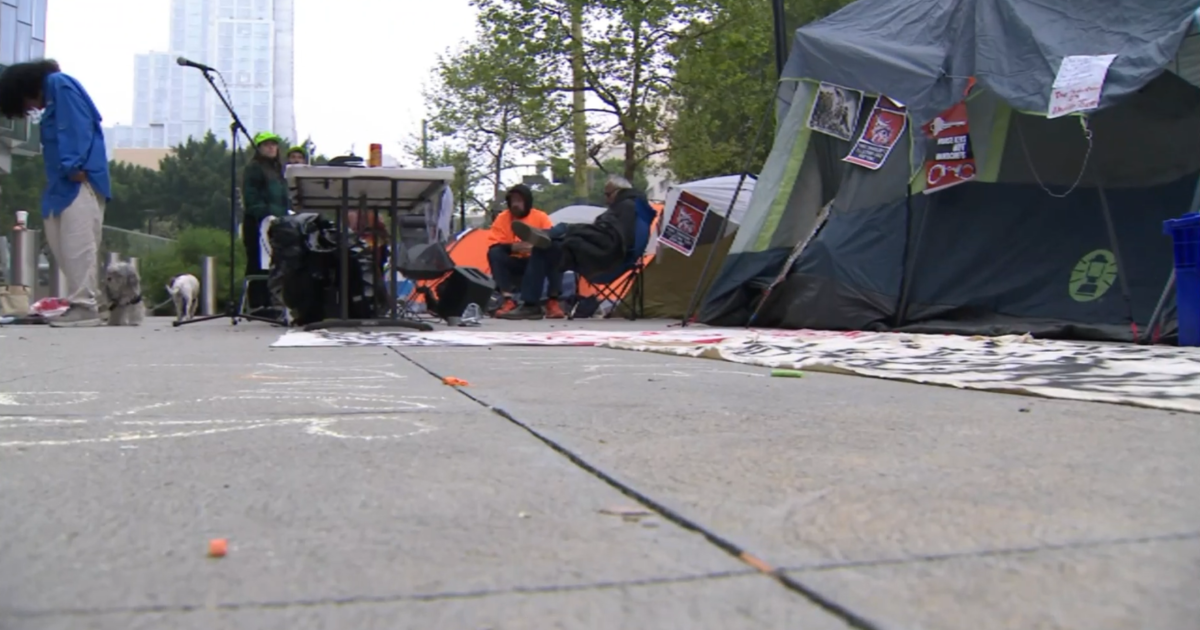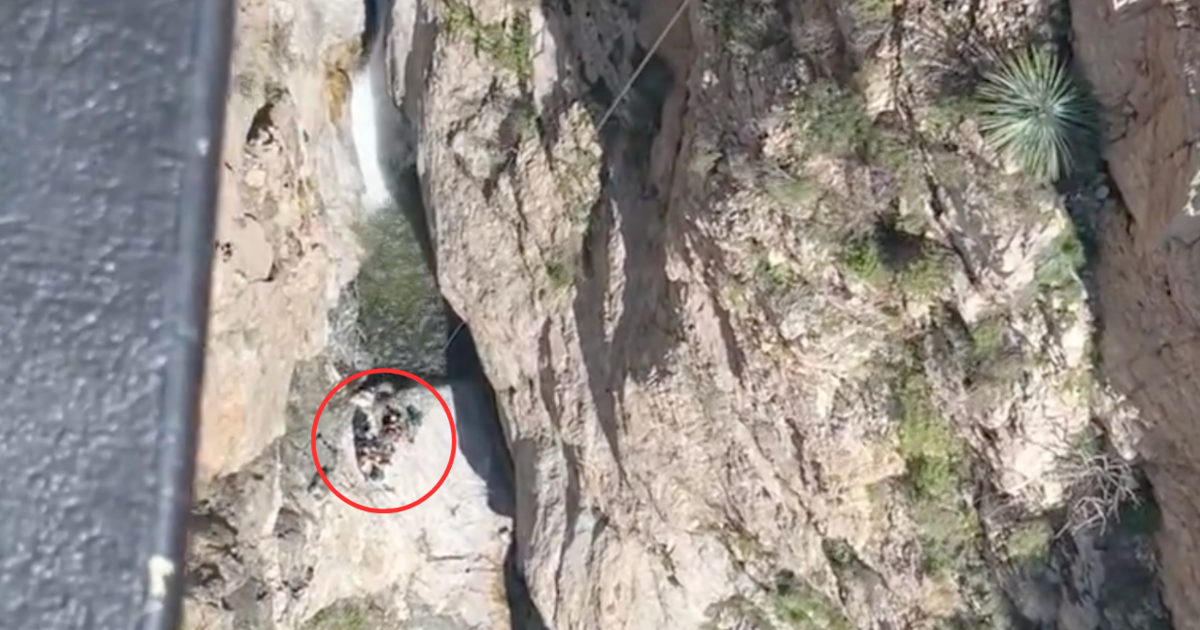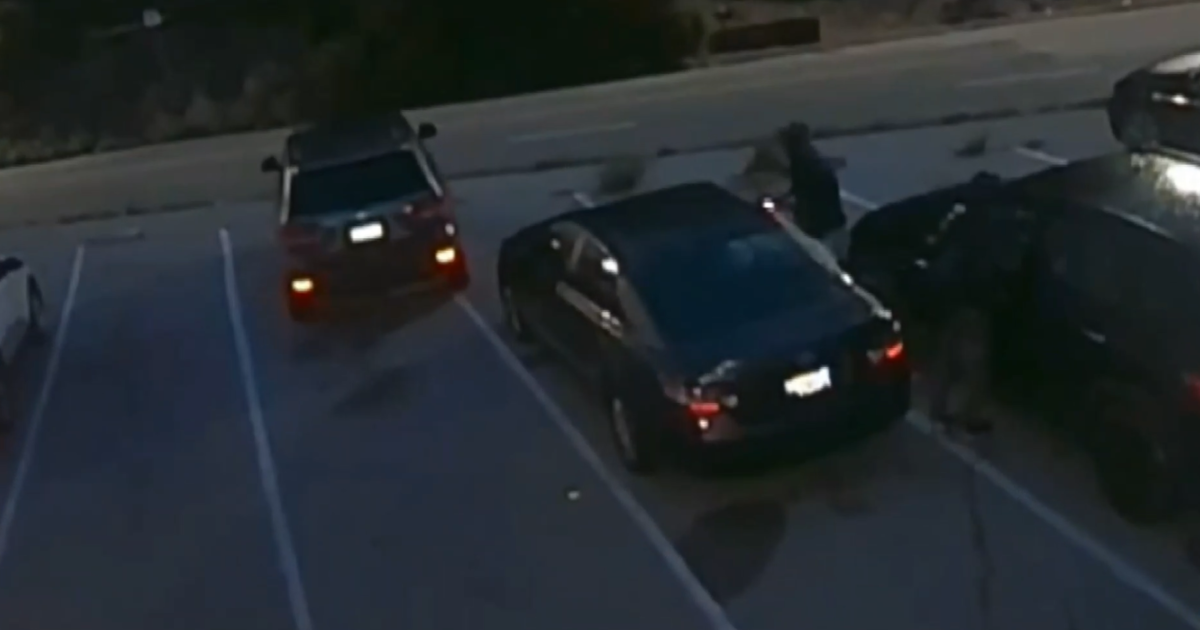Bears Ransacking Homes, Stores For Food Amid Record Drought, Heat
GLENDALE (CBSLA.com) — Will the summer of 2012 go down as the summer of the bear?
After a mild start to the season, temperatures across Southern California and much of the southwest United States have skyrocketed to triple digits, forcing more bears into foothill communities and backyard pools to beat the heat and find some food.
Since early June, black bears have been spotted throughout the San Gabriel Valley, including San Dimas, Pasadena, Duarte and most recently in Glendale, where the so-called "Glen Bearian" reemerged from his relocation deep in the Angeles National Forest after he was caught and tranquilized last month.
Andrew Hughan with the state Department of Fish and Game told KNX 1070 NEWSRADIO the bear's return is hardly a surprise.
Podcast
"We try to encourage people who live on the edge of those forests to do everything they can to keep the bears out of trouble," said Hughan.
While the vast majority of sightings have resulted in nothing more than cute videos of little bear cubs lounging in trees and swimming in pools, some homeowners have expressed concern that bears captured and relocated dozens of miles away are returning just days later.
Hughan said that the reemergence of "Glen Bearian" is actually a statistical anomaly.
"The Glendale bear is a little bit of an exception, and we did take him back about 35 miles or so and it took him 17 days to get back," he said.
Southern California isn't the only area seeing its share of bears.
A surveillance camera in a candy store in Estes Park, Colo., showed a bear making seven trips inside for candy in 15 minutes. A bear that broke into occupied homes there last month was put down because it posed a danger to people, one official said, noting the drought has made the intelligent animals even more resourceful in finding food.
Experts have warned drier weather throughout the region combined with the hottest year ever recorded in the northeast U.S. has limited the wild food supply and forced bears and other animals to migrate toward homes and businesses for their next meal.
Hughan said humans can likely relate to the trend.
"It's the food source," Hughan siad. "Bears have a very sensitive smell, they remember smells the way we remember pictures in our mind."
And while they have posed little danger to foothill residents up to this point, the bears' drive for food could mean a new threat to the U.S. heartland.
U.S. wildlife officials have warned that the dry summer could spell trouble for corn farmers as bears fattening up in their fields and have recommended they bring in their corn crops as soon as possible.
(TM and © Copyright 2012 CBS Local Media, a division of CBS Radio Inc. and its relevant subsidiaries. CBS RADIO and EYE Logo TM and Copyright 2011 CBS Broadcasting Inc. Used under license. All Rights Reserved. This material may not be published, broadcast, rewritten, or redistributed. The Associated Press contributed to this report.)



